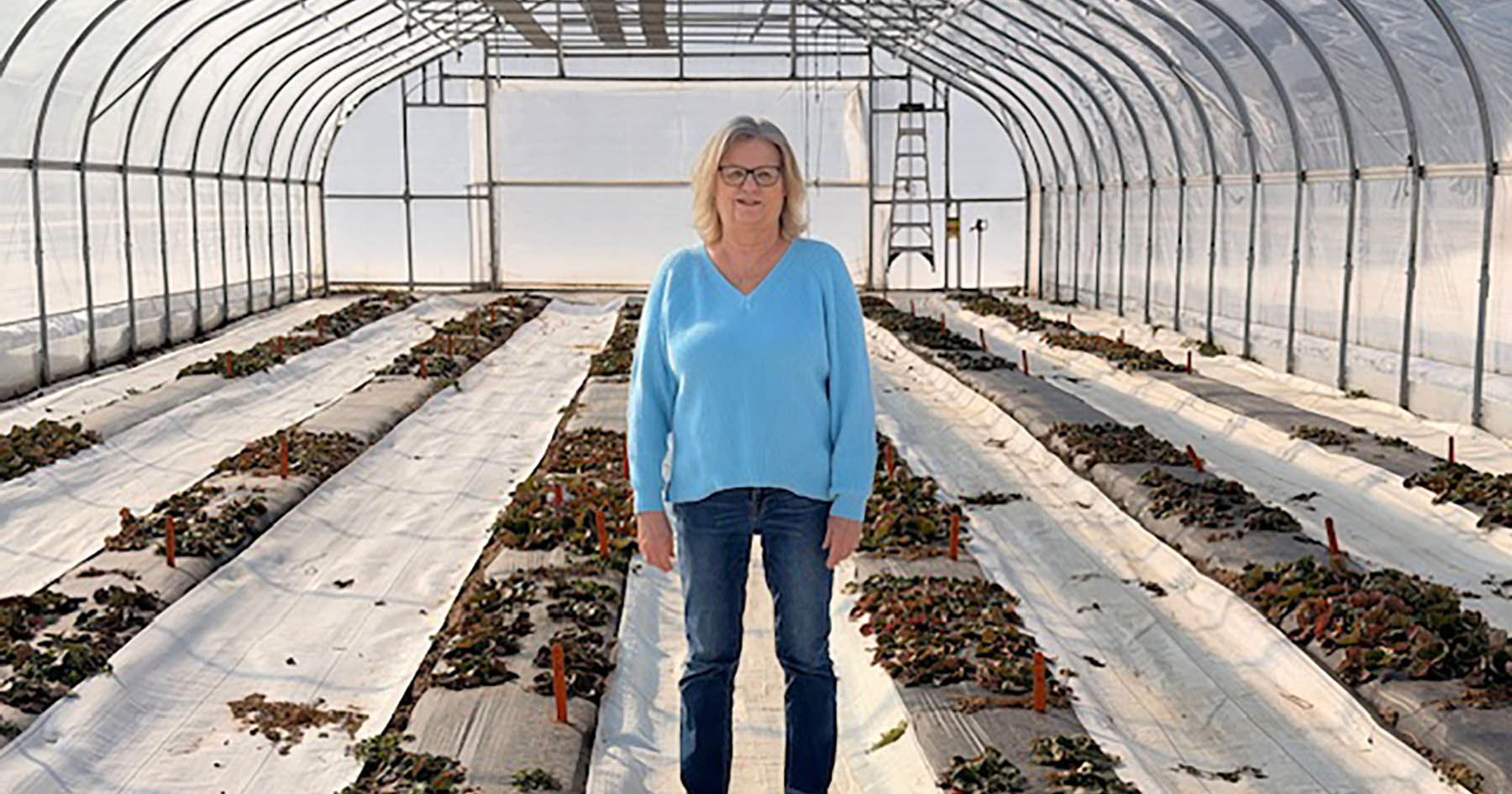State chemist: More to growing hemp than just a signature
The new Farm Bill’s legalization of hemp as an agricultural crop may have some farmers eager to try the new crop. But Indiana’s state chemist suggests that farmers will need to wait a little longer to begin full-scale grow outs.
The Farm Bill authorizes states to implement a hemp program under the oversight of the U.S. Department of Agriculture. However, the Indiana Legislature may need to update state law to match language of the new federal law.
“There are some who think that now anyone will be able to go to their seed dealer, get 50 pounds of seed and plant it this spring,” said Robert Waltz, Indiana state chemist and seed commissioner. “The late signing of the Farm Bill and the need for legislative redress in Indiana is happening when many seed supplies are already committed and supplies of seed are low.”
Hemp has been grown for millennia throughout the world. Early European settlers on this continent grew hemp for textiles, rope and food. Congress banned hemp production in 1937, and in the 1970s hemp was declared a schedule 1 drug, akin to heroin and LSD. In recent years there has been a push to restore hemp as a legitimate agricultural crop separate from cannabis plants that produce hemp from their cousin, marijuana, which contains higher levels of the psychoactive tetrahydrocannabinol (THC) that gives users a high.
Hemp may hold promise for farmers, especially those who are seeing less demand for tobacco. Waltz said he’s heard buzz about farmers wanting to get into the hemp game quickly. But he said many practical issues and state rules must first be resolved.
“There are rules that need to be put in place,” Waltz said. “If you are going to do anything with industrial hemp in the marketplace, you still must abide by the laws, just like if you wanted to sell carrots at a farmer’s market or corn and soybeans for animal feed. In fact, the federal government still needs rules regarding the role of hemp in animal feed.”
Practically, Indiana seed retailers need time to get adequate supplies. Seed supplies from other states or countries will likely be expensive and have significant freight or shipping charges.
Farmers need to coordinate seed purchases with business plans, knowing where they will sell the crop and what the market demands. Certain products require particular varieties of hemp - some types are used for CBD oil, while others are used for producing hemp oil or fiber.
Those buying hemp may only use specific varieties for their production purposes. Buyers may also have very specific requirements about whether the crop is to be delivered in bales, chopped in lengths or extracted in certain ways. A purchaser-producer agreement detailing these specifications and agreed pricing should be carefully considered before purchasing seed.
“Not all cannabis varieties are the same. Most of these producers want particular variety, grown to certain specifications,” Waltz said. “If the grower doesn’t have a deal in place and know what a buyer wants, they might not be able to sell the crop. This is why contracts are so important prior to planting.”
Farmers also lack options to protect crops should pest issues develop. Pesticides are approved for use on specific crops, and pesticide manufacturers determine on which commodities their products should be used based on studies presented to the federal Environmental Protection Agency for product registration and on safety and tolerance levels determined for the various uses. Since cannabis was a schedule 1 drug, the federal government has never approved pesticides for it.
And using pesticides approved for other plants - going off-label - is illegal and could result in destruction of the crop and financial penalties. Without those pesticide rules, Extension educators and crop advisers cannot legally recommend pesticides.
This is particularly a problem for weed control. When hemp was legal here, sowing density was generally high, and the plants outcompeted weeds. Today, planting densities would be lower because seed is expensive. Farmers who plan to replant their own seed would need to have it cleaned or risk adding weeds to their fields with hemp seeds each spring.
Finally, it’s been more than 80 years since it’s been legal to grow industrial hemp on a large scale. There’s been little work done by researchers or Extension specialists with the crop, so the advice most farmers usually obtain from experts may take a while to build. What is known is being compiled at purduehemp.org.
Waltz said his office, including Indiana Seed Administrator Don Robison, is working to address the rules and regulations within the state of Indiana, and he expects to post guidelines and advice on the Office of the Indiana State Chemist website throughout the coming year at oisc.purdue.edu. For updates, follow on Twitter at @indianachemist.





